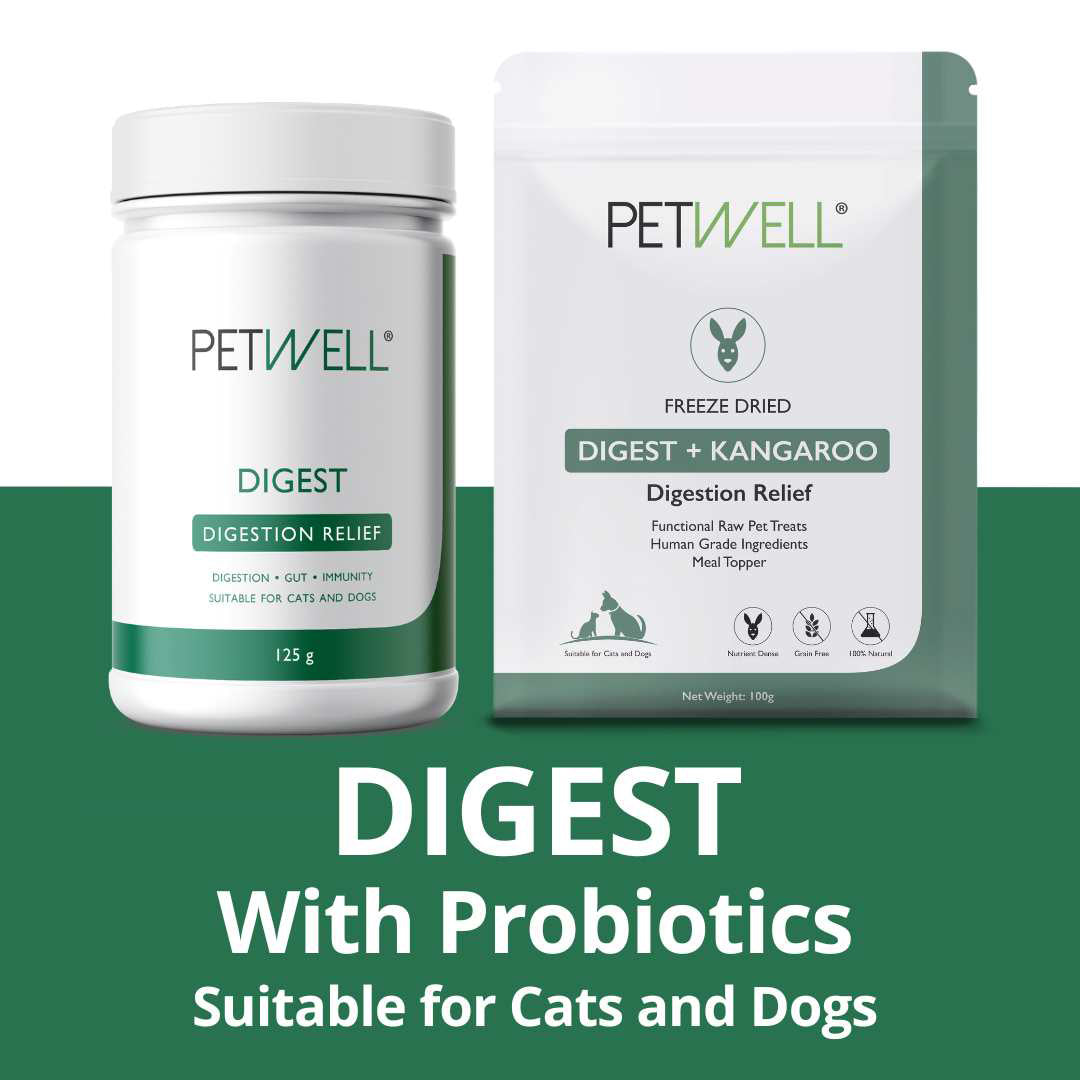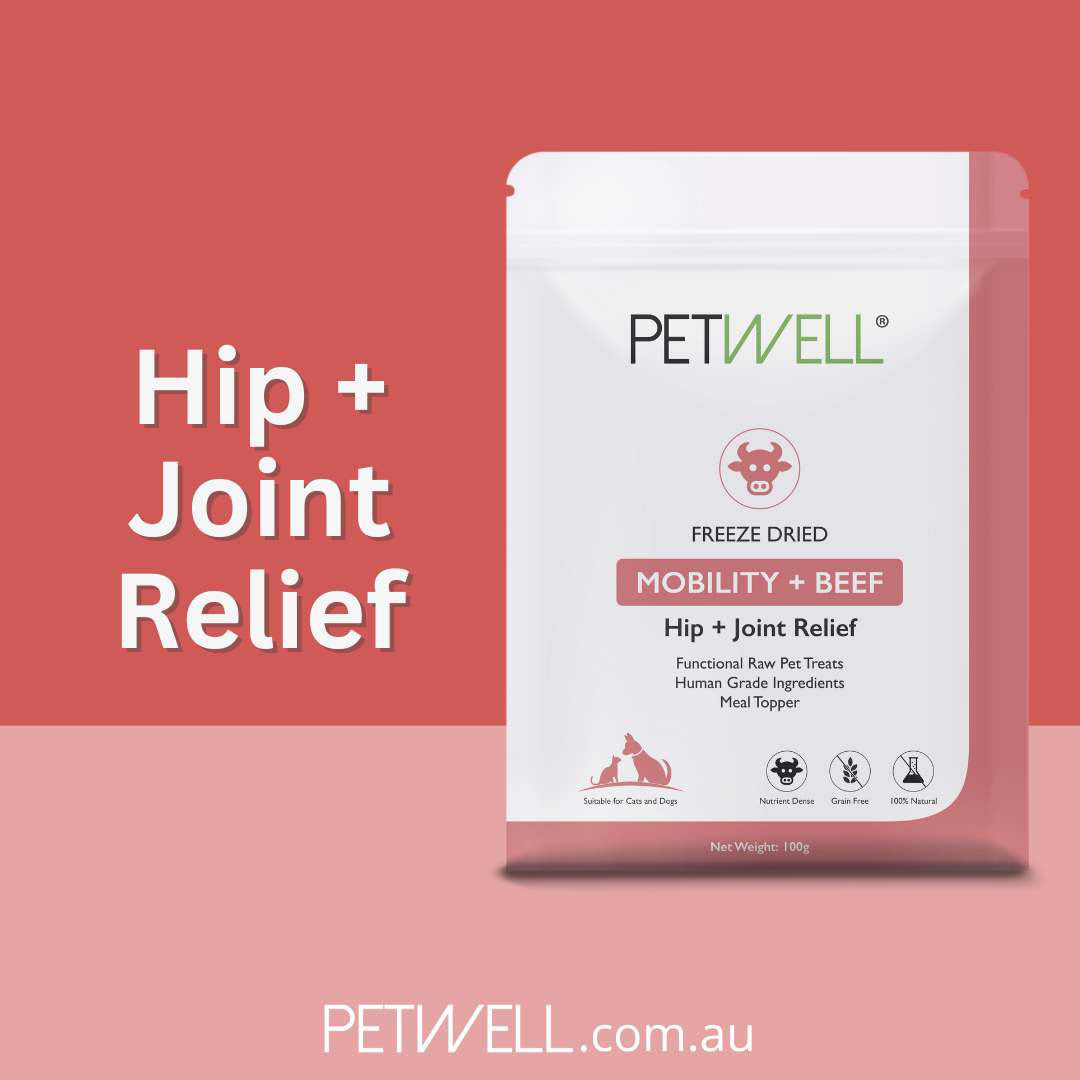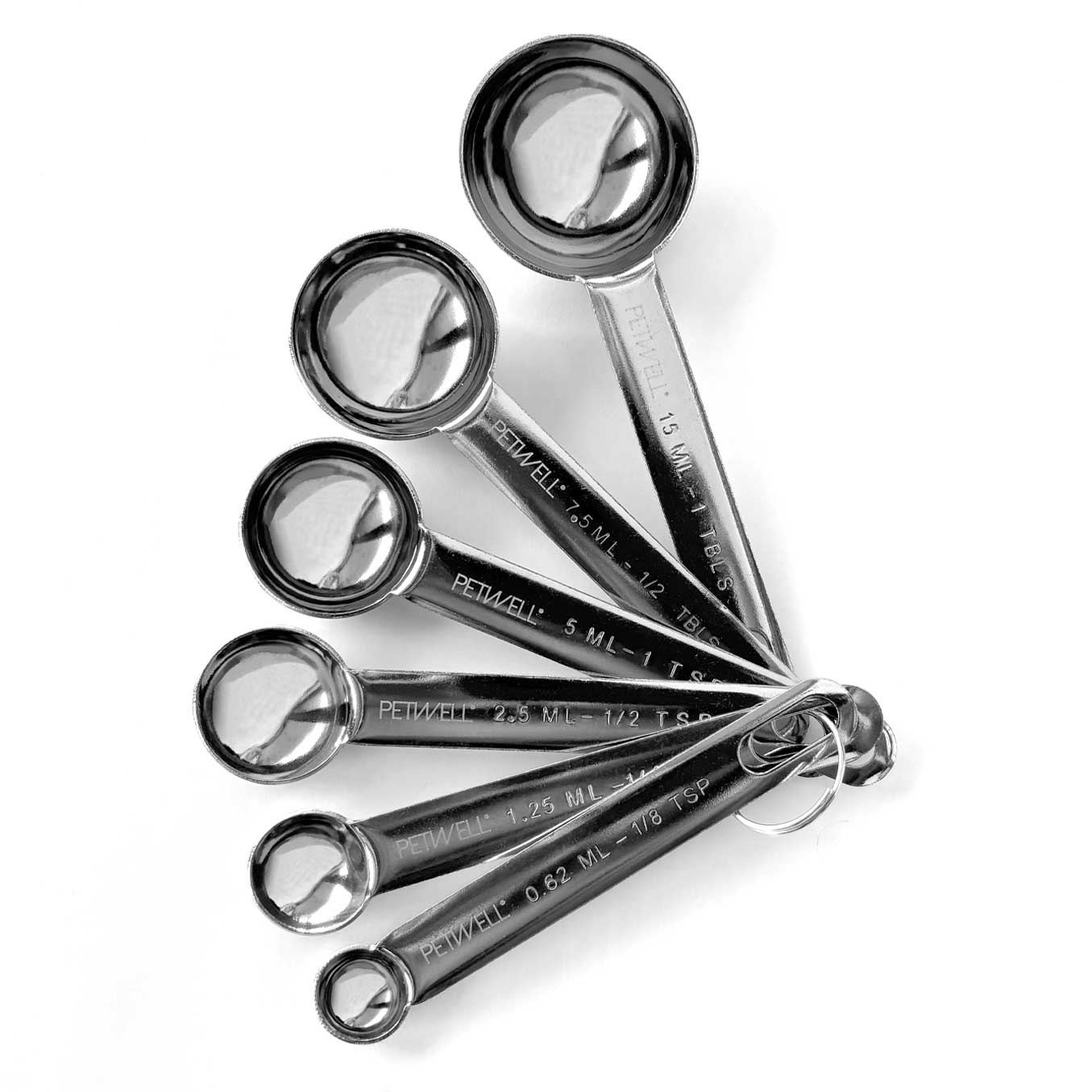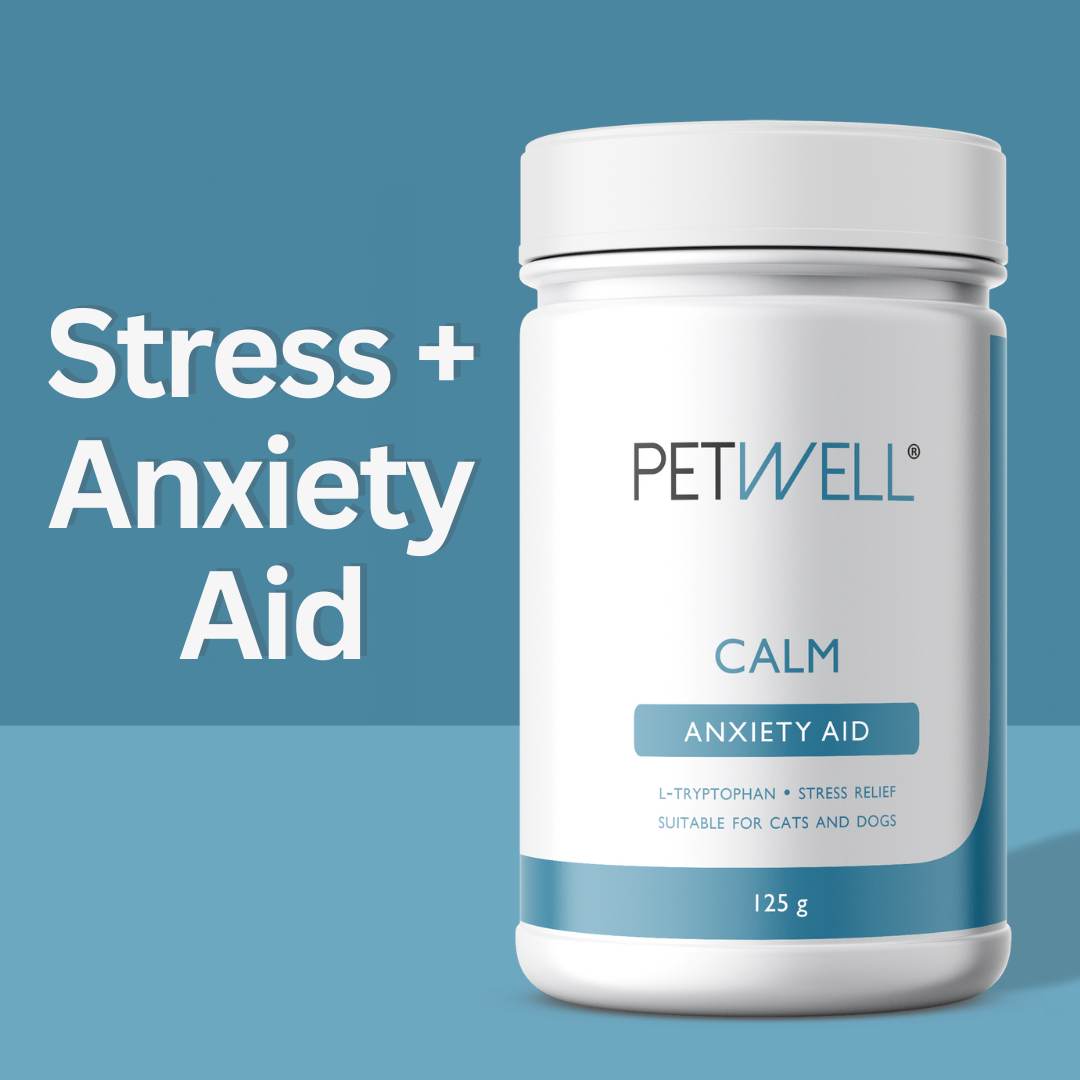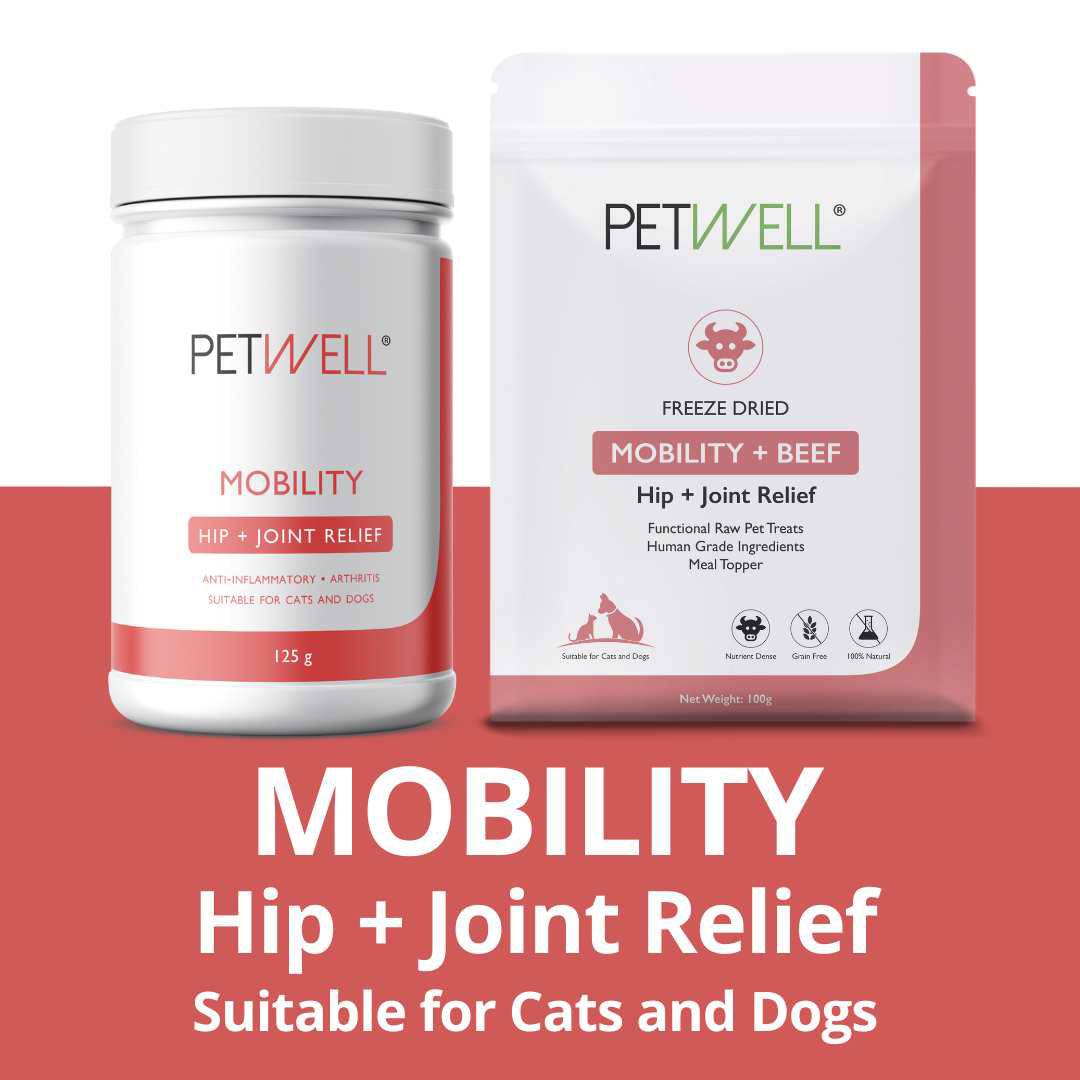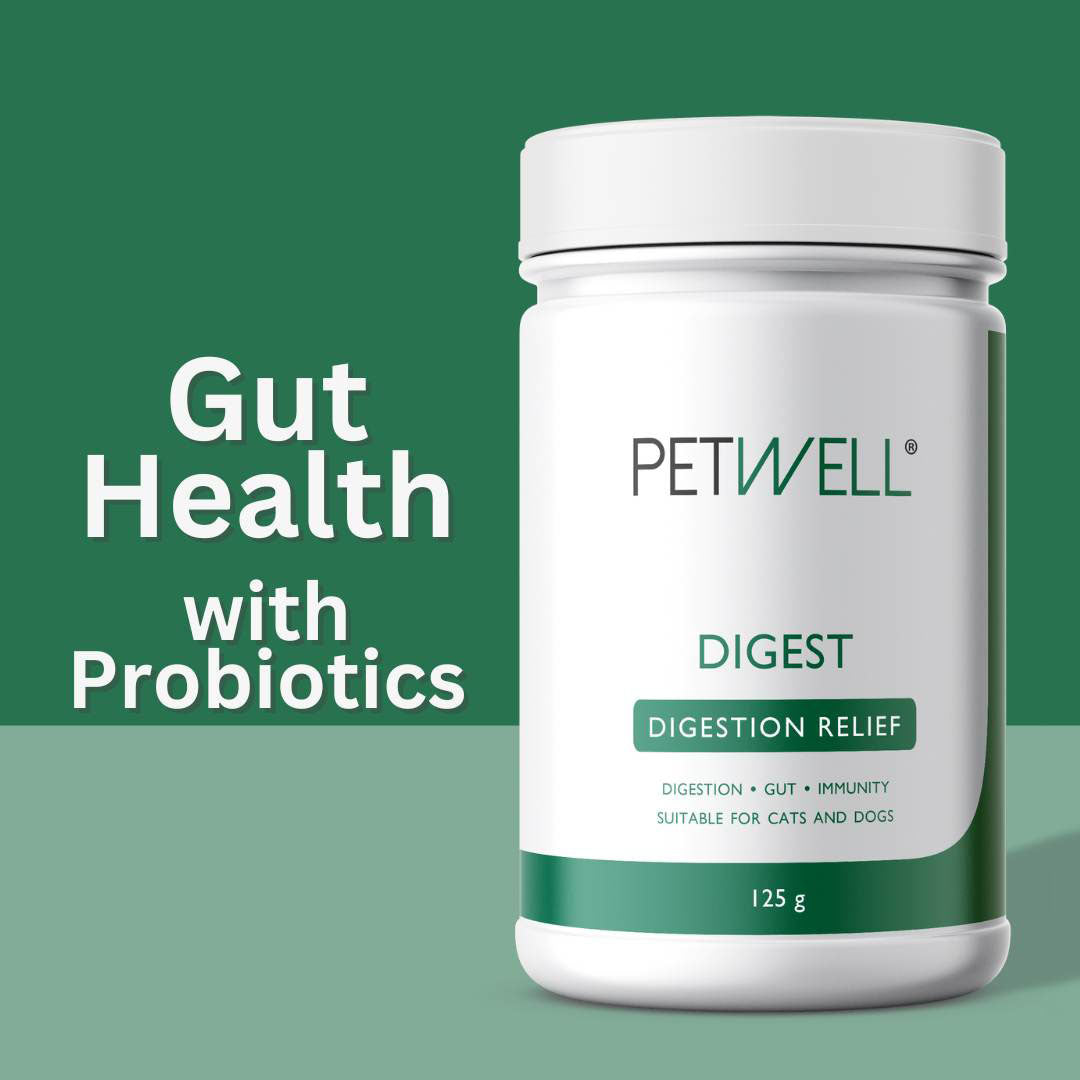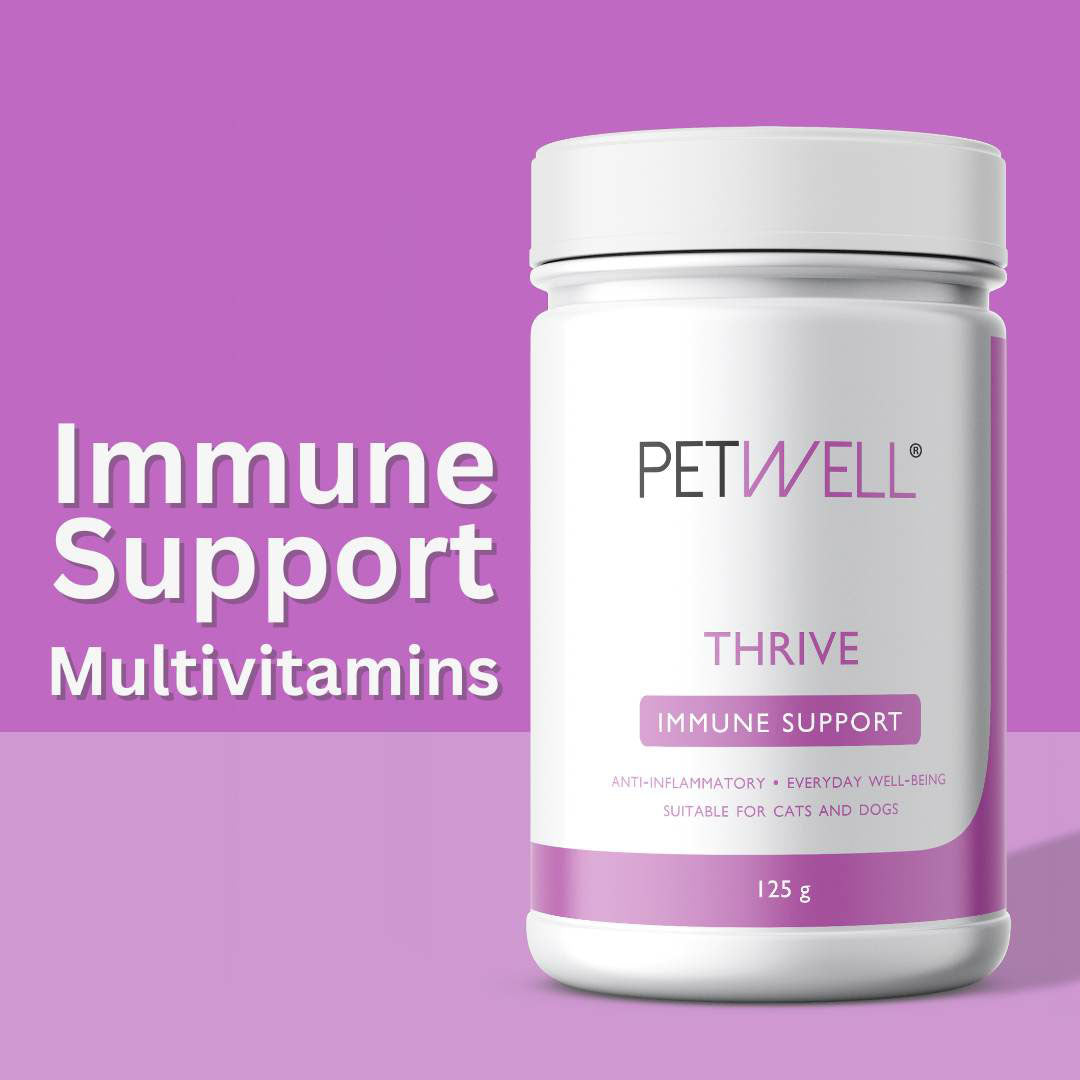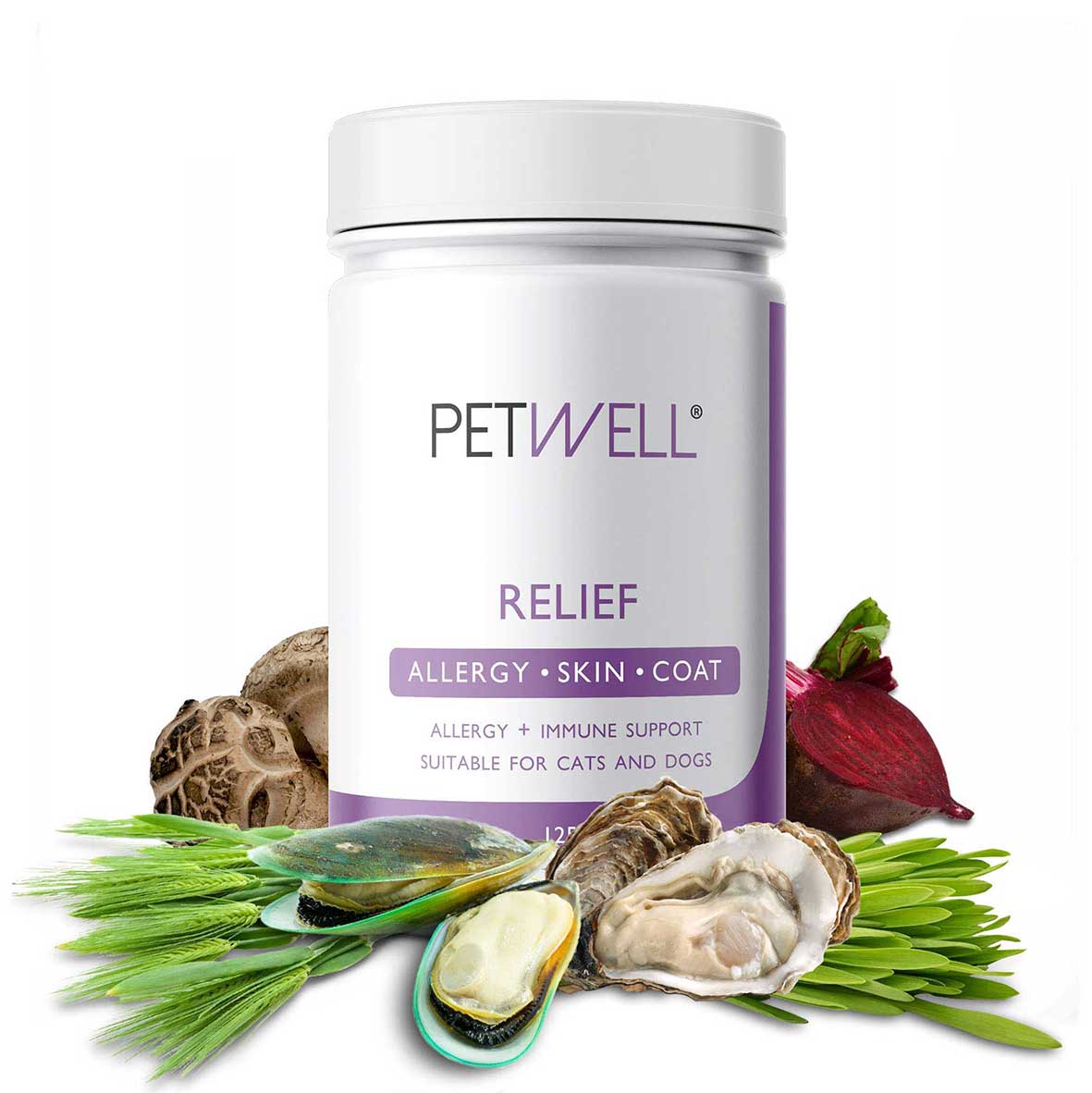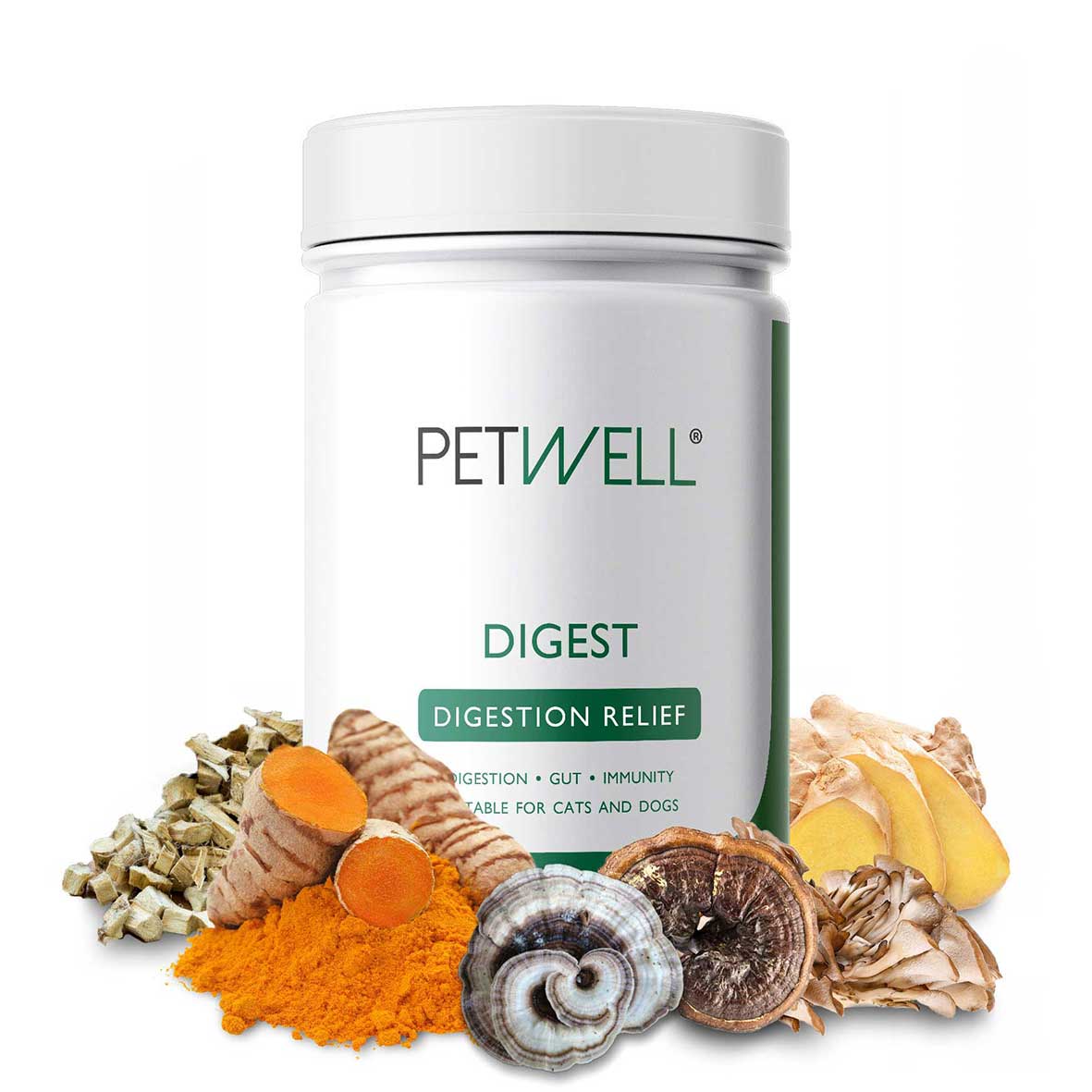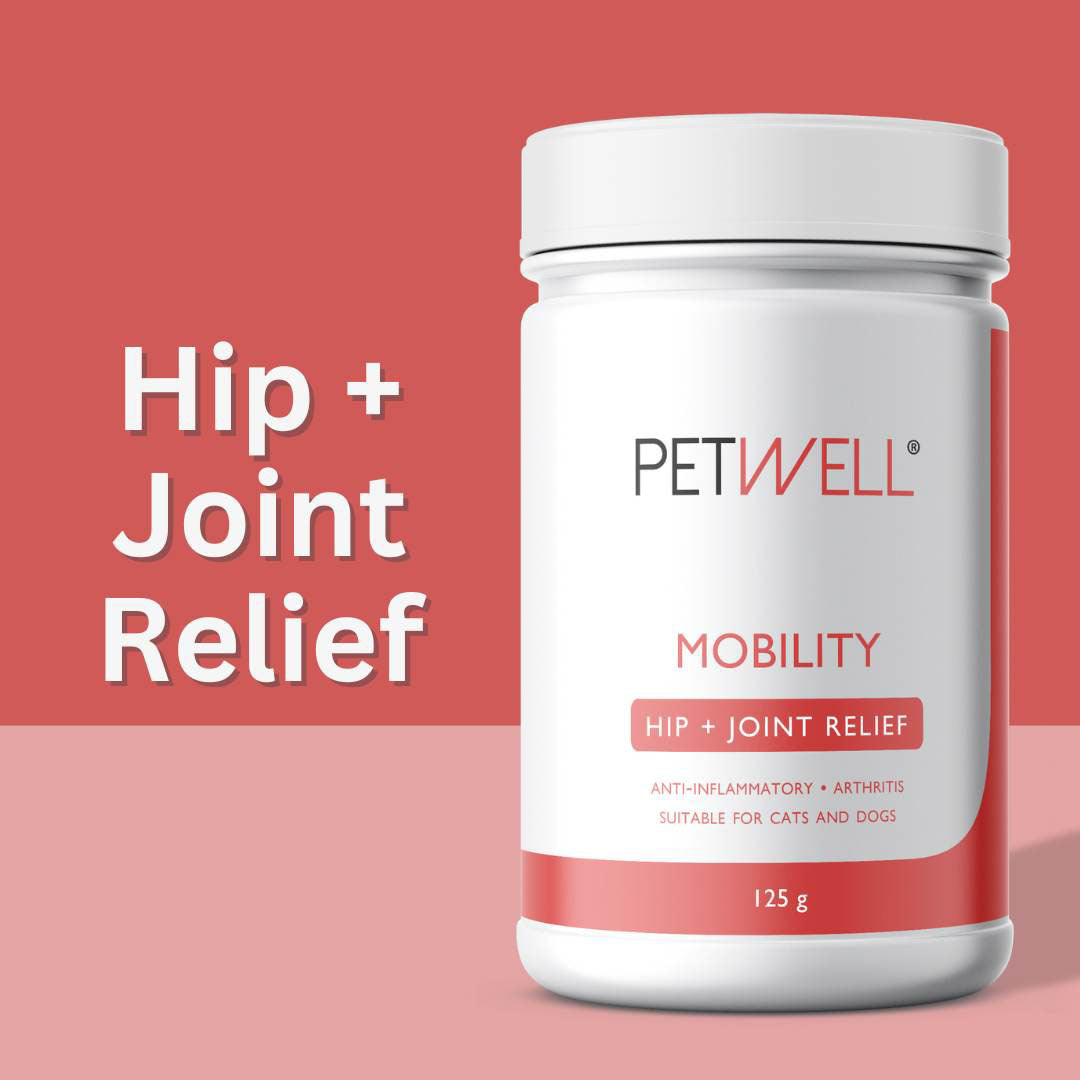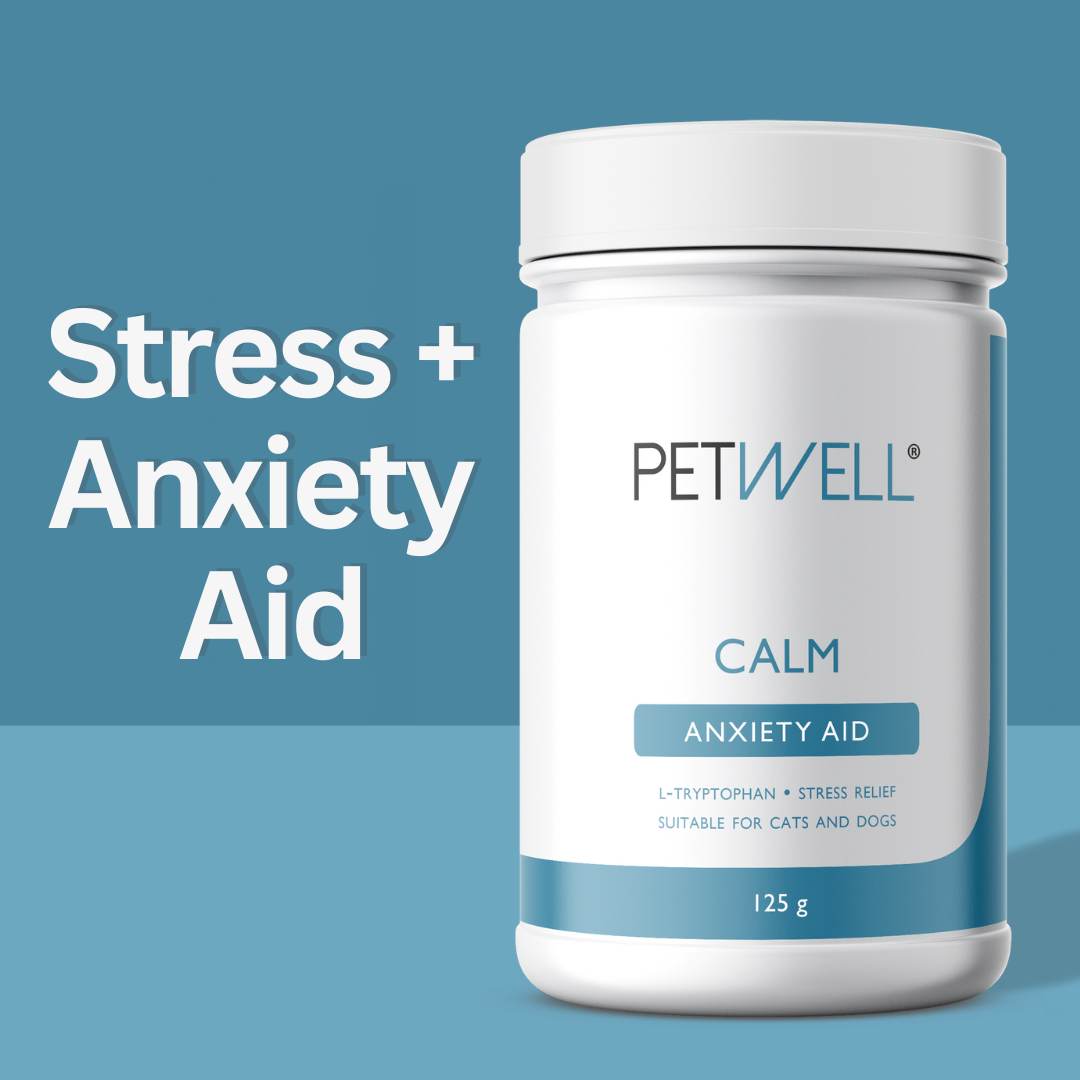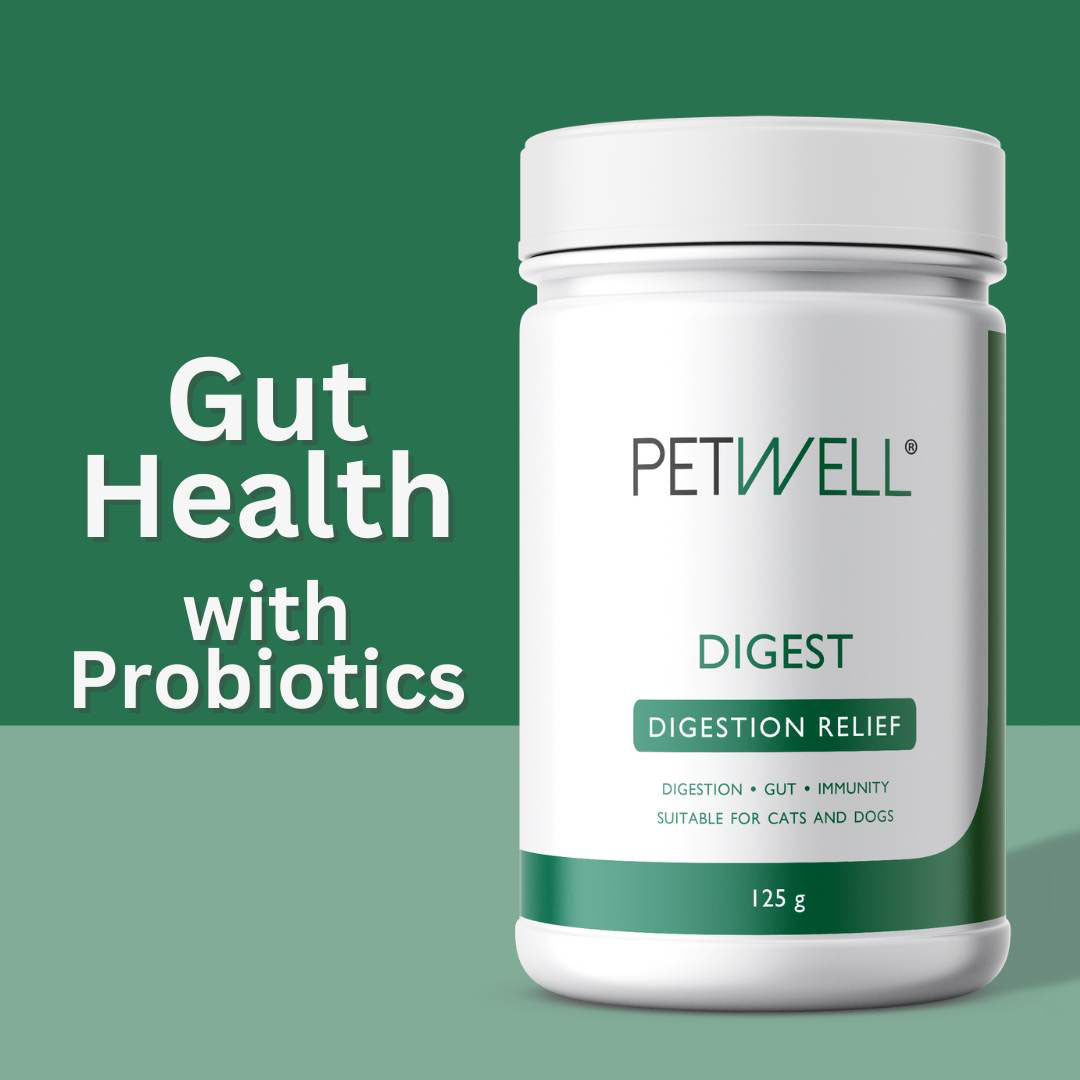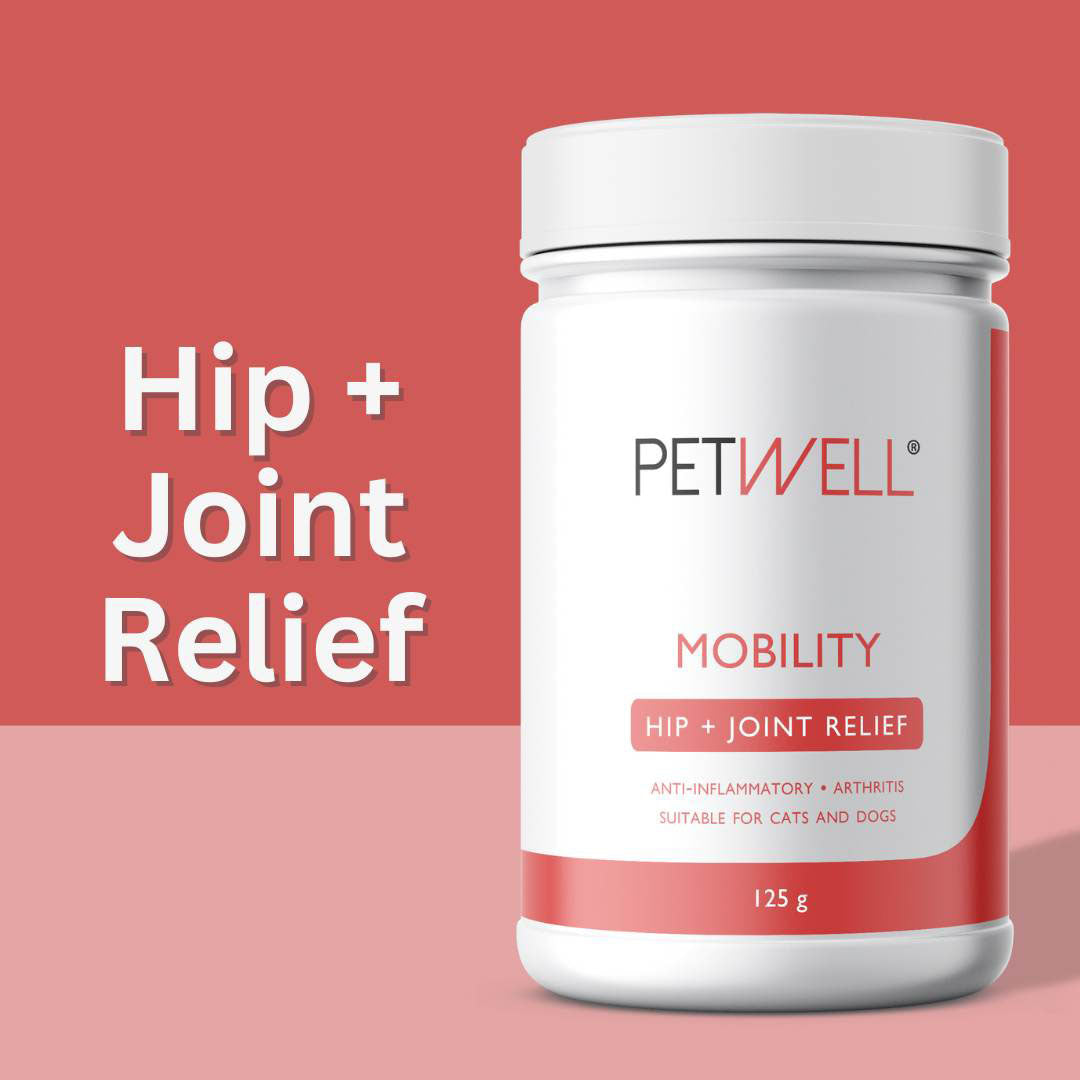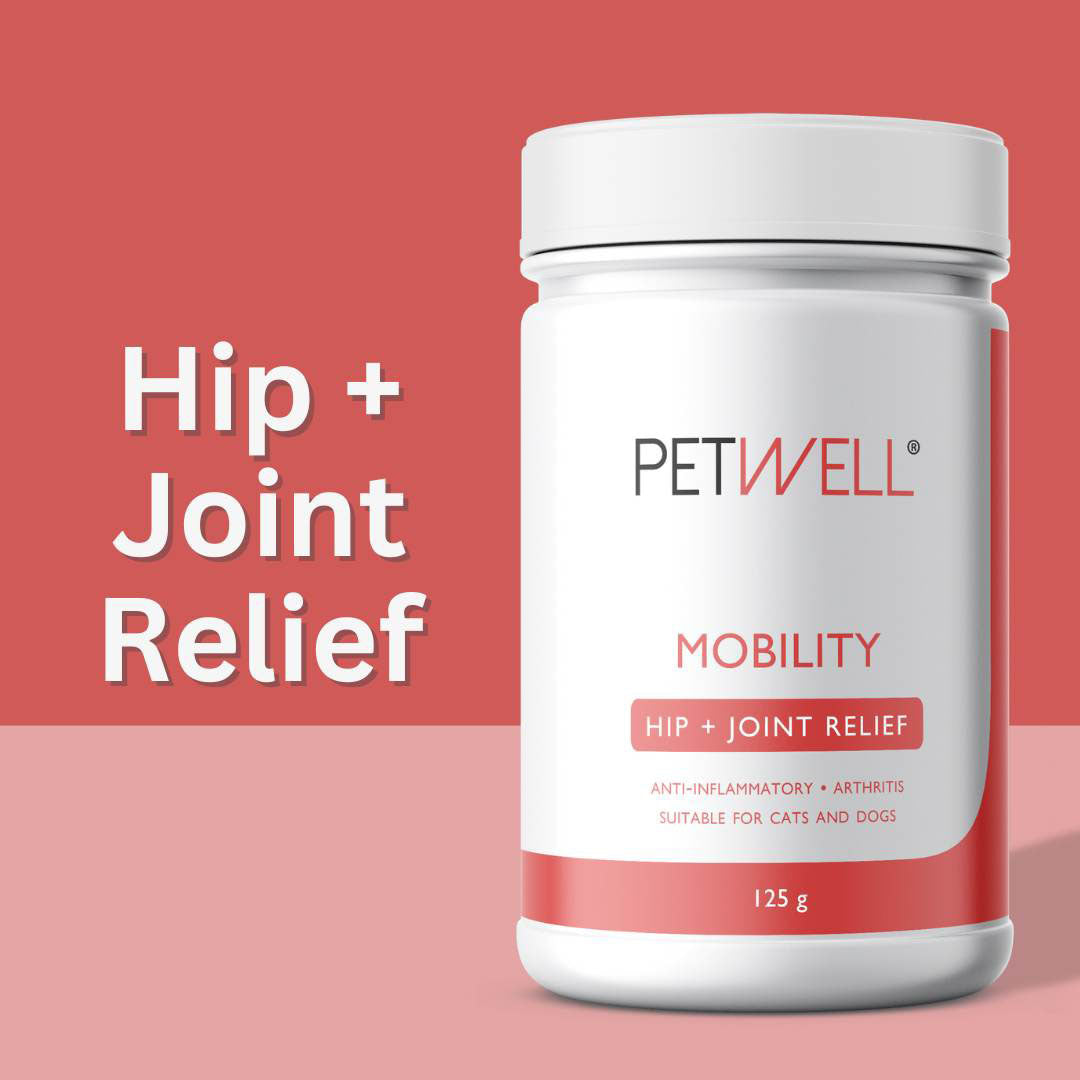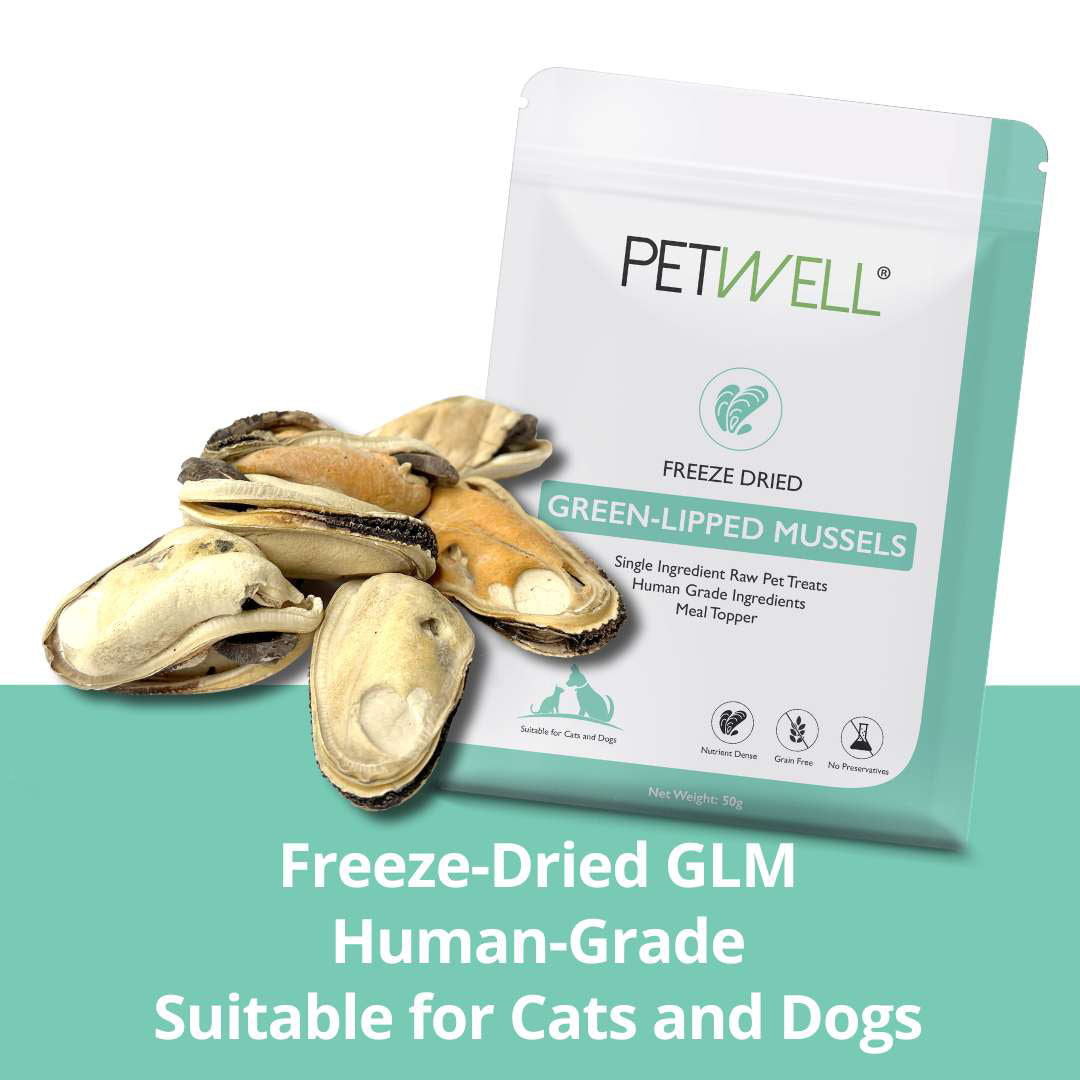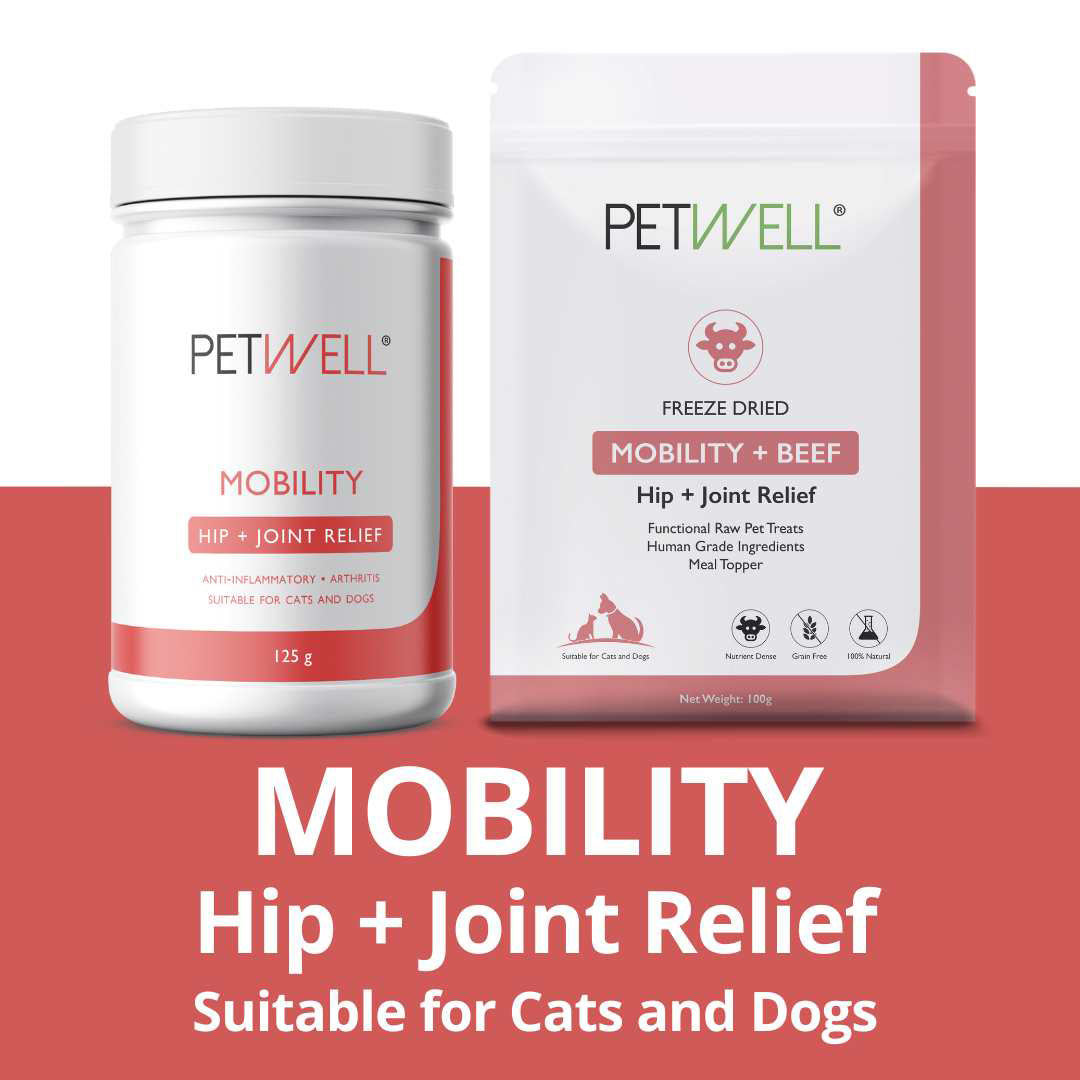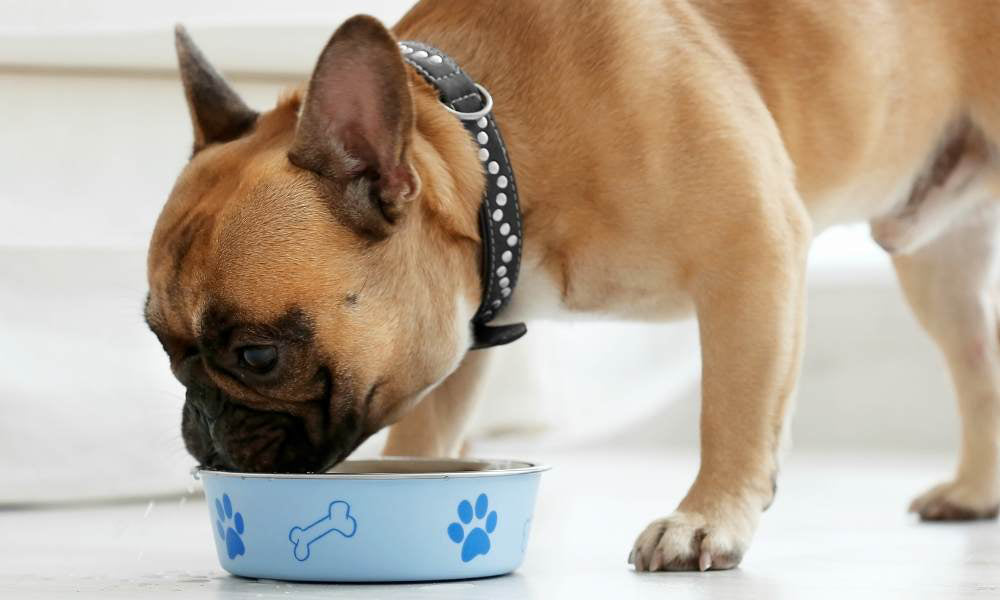Separation anxiety in dogs is the most common forms of anxiety, in fact up to 40% of dogs suffer with separation anxiety at some point in their lives!
Anxiety can lead to destructive behaviour, incessant barking, and a host of other problems. The good news is, with patience, understanding, and the right strategies, you can manage your dog's distress.
What Is Separation Anxiety in Dogs?
Separation anxiety in dogs is a behavioural condition characterised by extreme stress and anxiousness when a dog is separated from their owner or left alone.
Why Some Dogs Develop Separation Anxiety
Several factors may contribute to a dog's anxiety when left alone, including:
- Over-attachment to owners: Dogs that form overly strong bonds with their owners.
- Past Trauma: Dogs who have experienced abandonment or neglect in the past.
- Change in Routine: Significant changes in the household routine, such as a new schedule or moving to a new home.
- Lack of Socialisation: Dogs that haven't been adequately socialised or have had limited exposure to being alone.
With dedication and support, many dogs can learn to cope better with being alone
Signs of Separation Anxiety in Dogs
Common symptoms include:
- Excessive barking, whining, or howling when left alone
- Destructive behaviour, such as chewing furniture or digging
- Pacing or restlessness
- Urination in the home
- Excessive drooling or panting
- Attempting to escape or causing self-injury
Learn more about Dog Anxiety: Signs to Watch for
How to Help a Dog with Separation Anxiety
Here are some effective strategies you can implement right away:
Gradual Desensitisation
Practice leaving and returning multiple times throughout the day to help your dog learn that departures are not permanent. You can start with leaving them alone for a few minutes at a time and increase the time over time.
If your dog jumps on you or begs for your attention when you return, ignore the behaviour as it can reinforce the separation anxiety. If they are calm, then praise them and offer a high-value treat.
Create a Safe Space
Designate a safe space for your dog when you leave the house, the smaller the space, the more secure they feel. Include their bedding and favourite toys to provide comfort. Leaving high value treats with them can help – although some dogs won’t eat when they are stressed.
Physical and Mental Enrichment
Provide mental and physical stimulation for your dog before you leave the house. Try interactive toys, puzzle games, and regular exercise. A tired dog is less likely to experience anxiety.
Desensitise Departure Cue
Teach your dog to be less responsive to departure cues (e.g., picking up keys or putting on shoes) by performing these actions without leaving.
Counter-Conditioning
Associate your departures with positive experiences, such as offering treats or engaging in a fun activity before leaving and when you return.
Don't Punish
Punishment can increase fear and stress, worsening the anxiety your dog experiences when left alone. When you return home, greet your dog, even if they have caused damage.
Calming Supplements for Separation Anxiety in Dogs

PetWell CALM Anxiety Aid supplement is formulated by a pet naturopath. CALM supplement has naturally occurring L-Tryptophan and L-Theanine, creating a potent combination known for its calming properties. Beyond these key ingredients, the blend includes other relaxing properties, and vitamins that work in synergy for optimal impact.
The CALM+LAMB functional treats are freeze-dried lamb and tripe infused with PetWell CALM supplement A great alternative to ultra-processed commercial treats.
Read more about How PetWell CALM Helps Manage Dog Anxiety Naturally
Stay Calm
Remain calm and relaxed when leaving or returning home to help your dog feel at ease.
Routine and Predictability
Dogs need routine and predictability. Feed, walk, and play with your dog at the same times each day, and establish a predictable routine for departures and returns. This helps your dog know what to expect and provides them with a sense of security.
Training to Reduce Separation Anxiety
Positive reinforcement training techniques can help build your dog's confidence and teach them to associate being alone with positive experiences. A professional dog behaviourist can tailor a training plan to suit your dog's specific needs and provide guidance throughout the process.

Separation Anxiety Medication for Dogs
In severe cases of separation anxiety, your vet may prescribe medication to help. These medications may include antidepressants or anti-anxiety medications, which can help regulate your dog's brain chemistry and reduce anxiety levels. It's important to note that long-term use of these synthetic drugs can have health implications for your dog.
Be Patient
Overcoming separation anxiety in dogs is a gradual process that requires patience, consistency, and understanding. It's essential to remain patient and supportive throughout the training and desensitisation process, as progress may be slow and incremental. Celebrate small victories along the way and acknowledge the effort they're making.
It's natural to feel frustrated or discouraged at times. Maintain a positive attitude and trust in the process.
In Summary
Separation anxiety in dogs can be debilitating for them, causing stress for both the dog and the owner each time they are left alone. With these simple strategies, you can manage their stress and anxiety.
Being patient and consistent in your approach will provide them with the time and support needed to adapt and overcome their anxiety. This helps build trust and confidence in knowing that you (the owner) will return home to them.
Read more about What is Dog Anxiety: Causes, Symptoms & Solutions
The Science Behind It
Don’t just take our word for it, here are some evidence-based studies for you to review.
Research links of CALM ingredients
Disclaimer: The entire contents of PetWell emails and website are not to be taken as medical advice. The team at Pet Squad Pty Ltd trading as PetWell encourages you to make your own pet healthcare decisions based on your research and in partnership with a qualified pet healthcare professional.
